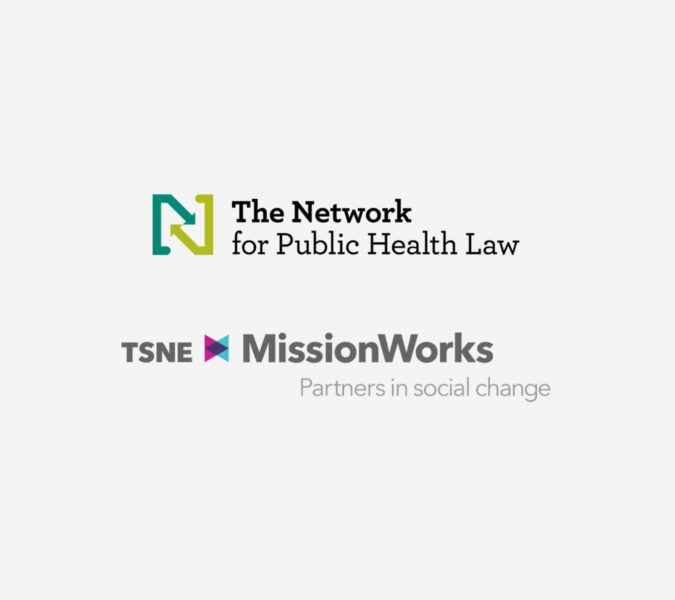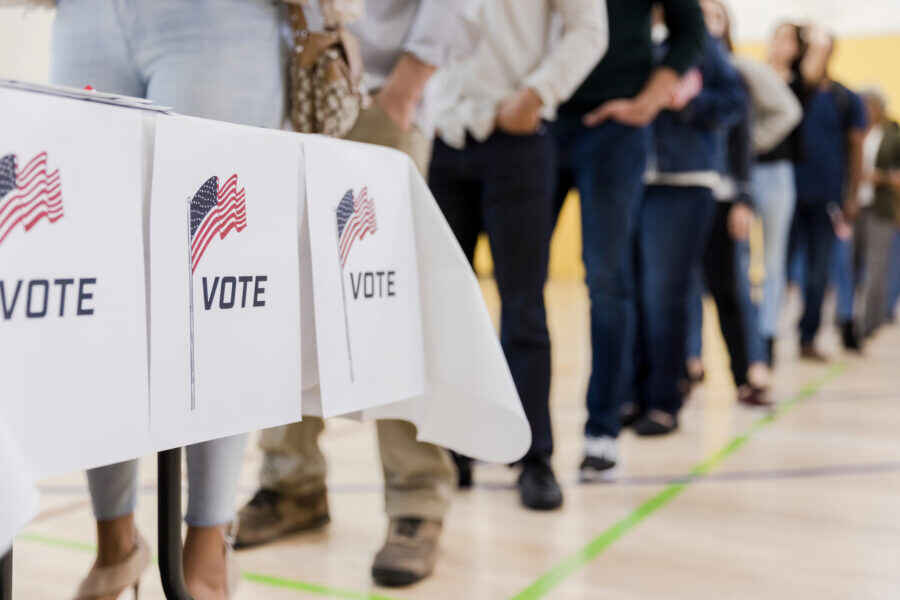
Mandating Telehealth Accessibility in Light of Covid-19
Law & Policy InsightsTelehealthLegislation and Legal ChallengesMechanisms for Advancing Health EquityThe pandemic has highlighted various inequities experienced by people with disabilities, especially internet inaccessibility. The Americans with Disabilities Act (ADA) was passed before the internet was commonly used; consequently, there is no explicit language addressing website—much less telehealth—accessibility. In July, HHS and the Department of Justice jointly issued Guidance on Nondiscrimination in Telehealth which states that telehealth accessibility is required not only by the ADA, but also by the Rehabilitation Act, the Civil Rights Act and the Affordable Care Act. However, the Guidance is not legally binding.










